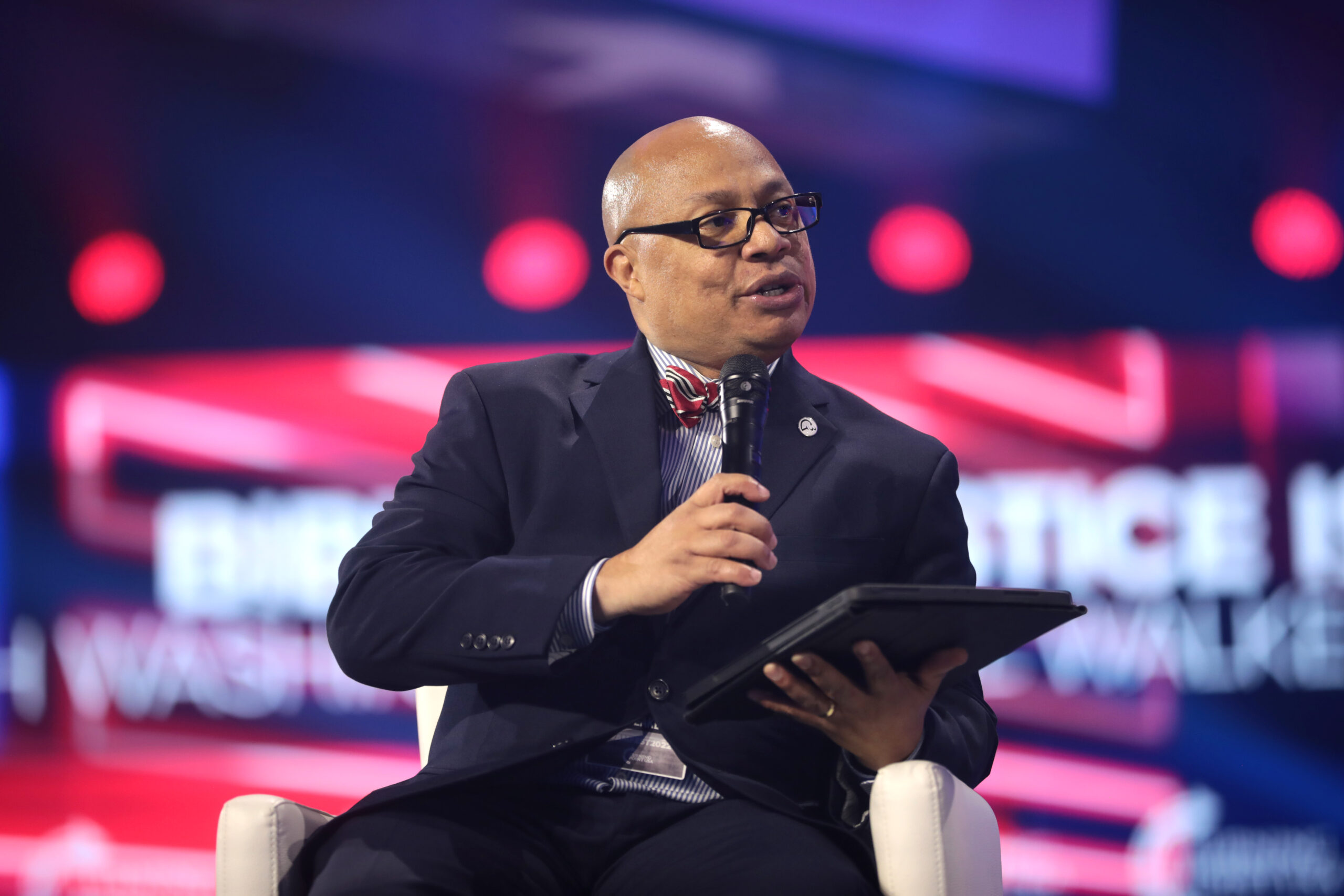There’s a reason we remember sixth grade like a highlight reel. The drama. The awkwardness. The growth—both physical and spiritual. It’s the season where you learn not just who you are, but who you’re becoming. And in my case, it’s where I learned one of the most important lessons of all: You can’t fight every battle—but you better know how to fight the right ones.
Enter the Bully
I wasn’t exactly a troublemaker in school. In fact, I was what you’d call a friendly kid. Popular, yes—but not because I was flashy or trying to impress anybody. I just liked people. I wasn’t the biggest or the toughest, but I could talk to just about anyone.
Except James.
James didn’t like me.
There was no beef. No moment of betrayal. Just good old-fashioned middle school hostility. James had a reputation to uphold—he was the school bully. And I, apparently, had become good PR for his brand. So one day the message went out, like a middle school press release: “After lunch tomorrow, James is gonna beat Virgil down.”
This was back in the days before smartphones. If someone said there was going to be a fight, the whole playground ecosystem knew about it. There were no texts—just lunchroom whispers and wide-eyed looks of anticipation. And then came the dreaded countdown: Tomorrow. After lunch. Recess.
The Call for Backup
I didn’t know how to fight. I wasn’t wired that way. But I knew someone who did—my dad.
Now, my dad was a man’s man. Rough hands. Manual labor. Quiet strength. If anybody could help me get ready, it was him. So I told him what was going on, hoping for a crash course in self-defense that would turn me into Bruce Lee overnight.
He showed me a few techniques—some jabs, footwork, basic stances—but it must’ve been obvious I wasn’t catching on. I knew it when he paused, looked at me, and said, “Son, you’re a smaller kid. Your best bet is to catch someone off guard, get a few good punches in, and get out of there.”
Now that was a vote of confidence.
I went to school the next day nervous. Not just because of the threat—but because I didn’t know if my sixth-grade fists were going to carry the day. I scanned the cafeteria, lunch tray trembling… no James. Turns out he missed school that morning.
I thought I was safe. Then James walked in.
The Decision
I had a decision to make. Run? Fight? Or try something different?
I walked up to him, heart pounding, and said, “Yo man, can we talk?”
I led him toward a nearby classroom where I knew teachers would be within reach. Then I asked the question that changed everything: “What did I do to upset you to the point where we’re about to fight?”
He blinked. Thought for a moment. Then came the truth: “You didn’t do anything. I’ve got a reputation to uphold as a bully. Since you’re so popular, I figured it’d look good if I came after you.”
Middle school logic.
I paused and said, “Do you like being the bully? What happens when you meet your match?”
He hadn’t considered that. And then came my pitch: “Look, if it’s popularity you want, wouldn’t it be smarter if we were friends? I could let people know you’re cool with me. And hey… if you ever wanted to go back to being the bully, people would still be scared of you.”
Now, my sixth-grade diplomacy wasn’t as polished as it is today—but somehow, it worked.
That’s how I avoided a beatdown.
But it’s also how I learned something bigger than schoolyard politics.
The Theological Reality: Know Which Fight You’re In
There’s a reason Paul wrote, “For we do not wrestle against flesh and blood, but against… the spiritual forces of evil…” (Eph. 6:12).
Life is full of battles—but not all of them are worth fighting the way the world does.
Sometimes, courage means walking away from the fight. Other times, courage means walking into the conflict with wisdom, humility, and truth.
Scripture teaches that wisdom is better than weapons of war (Ecclesiastes 9:18). Proverbs 15:1 reminds us, “A soft answer turns away wrath.” And Jesus, the ultimate warrior-King, often responded to confrontation not with fists—but with truth.
I could’ve thrown punches that day—and maybe I would’ve “won.”
Probably not.
But that wouldn’t have made me a man. The real fight was learning to stand with courage, speak with conviction, and act with wisdom.
James didn’t need a punch in the mouth. He needed someone to speak truth to his identity.
The Daily Choice
We live in a world where people are addicted to outrage. Fighting over politics. Culture. Theology. Twitter beefs.
But here’s the thing: not every hill is Calvary.
Sixth grade taught me to ask:
- Is this battle worth it?
- Will this conflict bring glory to God?
- Am I fighting the right enemy… or just trying to save face?
Some battles are distractions. Others are divine appointments. Wisdom is knowing the difference.
